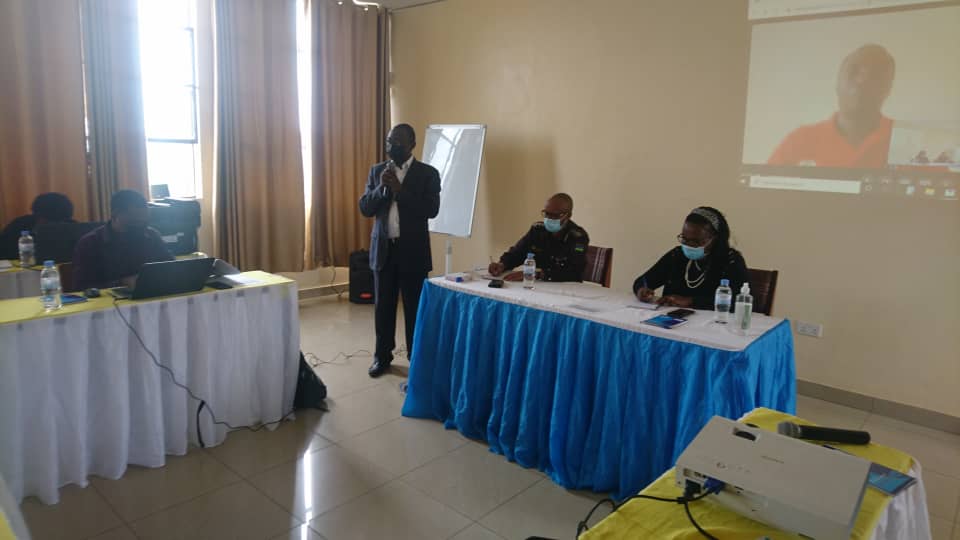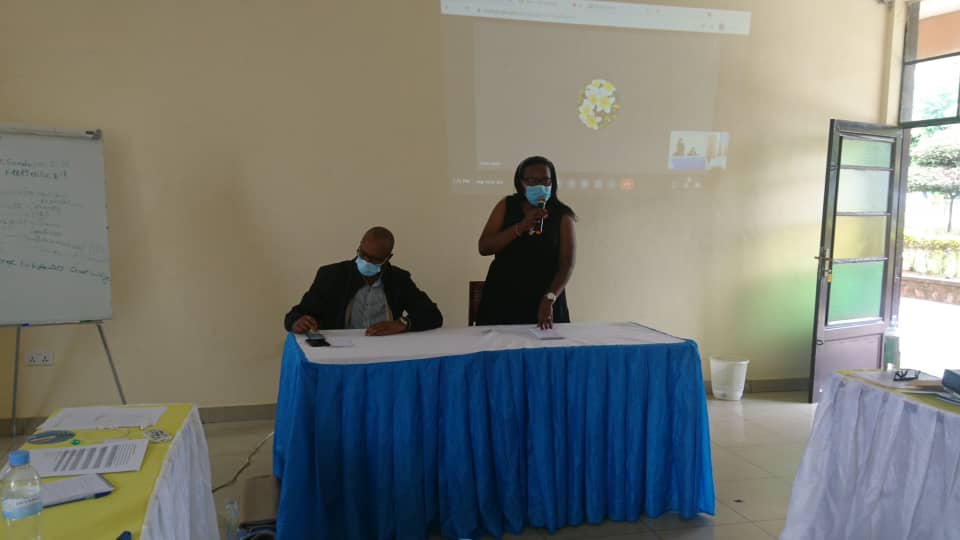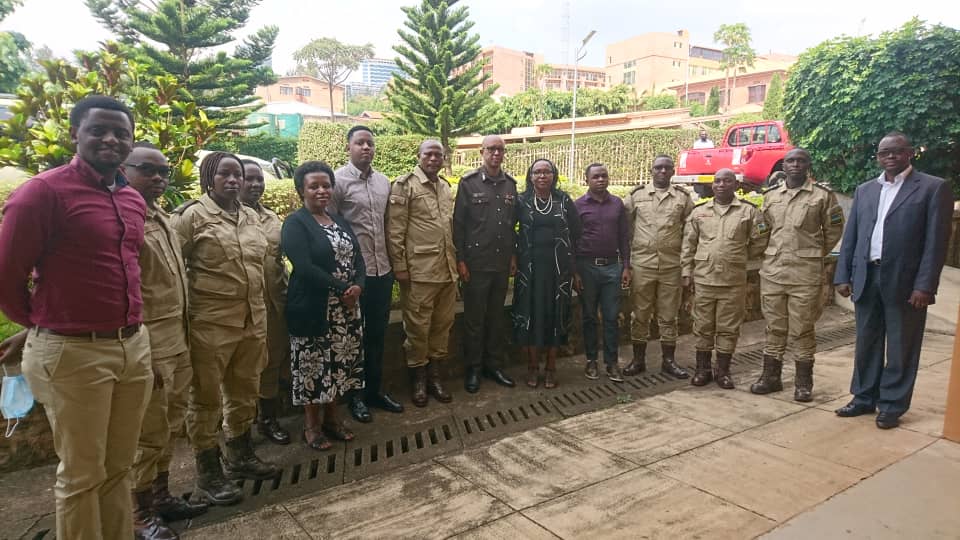Halfway home is a project with aim to help prisoners that have 3 to 5 years left to their sentence being prepared to reintegrate into the community, it is a project will be executed by DIDE in collaboration with RCS, the project is funded by Sterling Foundation.
Prisoners having spent many years in the prison they will receive psychosocial support.
Halfway homes will offer complementary program in addition to the rehabilitation services obtained during their stay into the prisons. Within this categorization, the residential facility will provide supportive services to the pre-released offenders aimed at readjusting to the community from prison and, consequently, to avoid recidivism. Those supportive services may include assistance in vocational training, counseling, source of skilled work force to private sector educational and recreational opportunities, psychological, emotional and a supportive environment.
The training on Halfway Home Need Assessment was to learn how assess the needs of beneficiaries and accordingly develop content that will be offered to other partners in the implementation of the new approach.
Opening remarks by the Executive Director if DIDE RWANDA Madam Odette MUKANSORO begin by thanking all the participants and RCS that gave its staff to come and join the team, she said also that many of the beneficiaries will have a warm welcome in the community after they pass through the center.
Halfway home will prepare prisoners about to reintegrate in the community by giving them skills in different fields to help them fit in the community and make a living, they will also receive the psychosocial support to improve their mental health and produce them into the person important to the community they will live in and be able to provide for their families.
Opening the training day, the Honor guest, RCS Division Manager in charge of Correction Services.
CP John Bosco KABANDA highlighted that the project comes to answer many questions that the prison system is facing in Rwanda. He said the center will help not only released prisoners but the community in general.

Participants studied tools to use in data collection on the first day, Ethics and Methodology among others, by revising the questionnaires to be used by the interviewer and had a sample practice with the help of Dr Eugene RUTEMBESA an expert in Psychology, it was a good time to discuss the meaning of the question that must show the feelings of the prisoners, different forms will be used to check the state of the prisoners, their family relatives will be interviewed also to see how they fell about living with their released relatives.


In the community they will be many Focus group discussion to measure the importance of the center, the information will help to plan what will be learnt in the center.
Different authorities on the national level will be interviewed and many more information will be collected outside the prison as the center will have the impact to link prisoners and the outside world. Different Key Informants will meet with DIDE staff as well as those of RCS.

During the second day of the training all the data collectors install the digital software application in their Mobile phones and tablet and practice the task, knowing the right question to ask was one of the points to be familiar with, one on one interview exercise had been practiced by the participant to have a well understanding of the use during the interview.
Giving her final remarks DIDE RWANDA Executive Director, Odette MUKANSORO said that the need assessment training is a good start to the project as it will prepare the way prisoners are reintegrated in the community, she thanks Sterling Foundation which is funding the project of halfway home.

Closing the training the Honor Guest CP John Bosco KABANDA who carried the message from the RCS Commission General stated that the center will be a good service to the community and will improve social behavior of the prisoners, talking about the training he said the participant received good knowledge and skills, form revision and access to digital platforms to be used in data collection, He said he saw that the participants are committed to use at full the digital information system and hope the use of smartphones will strengthen the project.

Training ended by taking Memorable Photo.

